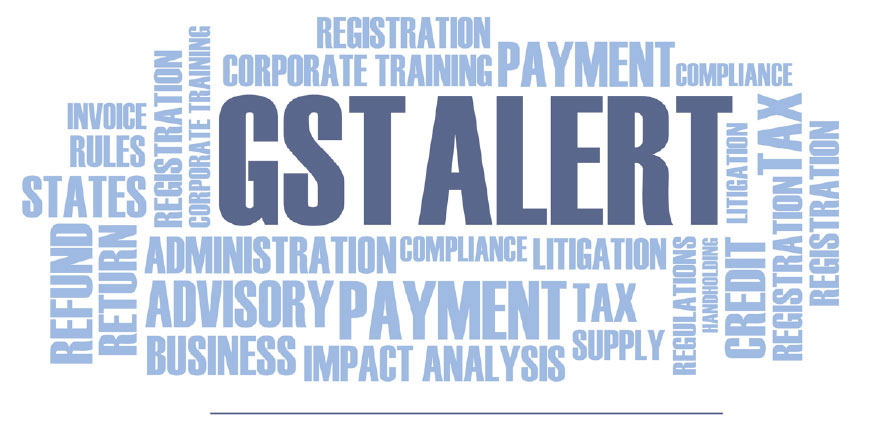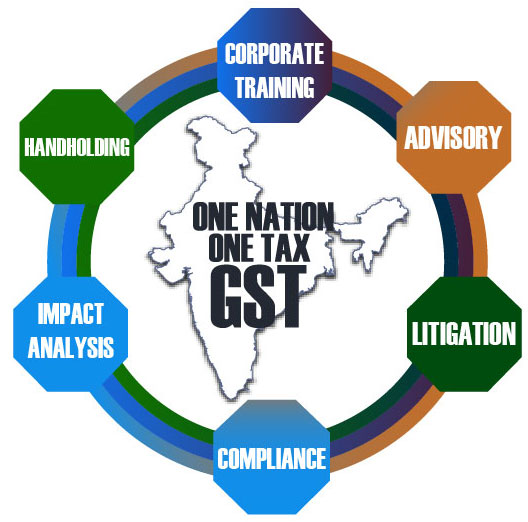Dated 12th March, 2020

Tribunal restored their earlier order based on subsequent judgement of Hon’ble Apex Court, Can such change of opinion of law vide subsequent judgment of Supreme Court be taken as a mistake apparent on the face of record to reopen a concluded appeal by invoking Section 35C(2) of the Central Excise Act – Kerela High Court hold that settled position attained through disposal of an appeal cannot be unsettled on a ground of mistake apparent on face of records.
In an appeal before the High Court, the Appellant had challenged the restoration and/or re-opening of a concluded appeal made on the ground of rectification of a mistake apparent on the face of record, based on a subsequent decision of the Hon’ble Supreme Court. The Tribunal had initially decided the appeal in favour of the Appellant by not imposing penalty, since tax was paid prior to the issuance of show cause notice. For arriving at such a conclusion the Tribunal had placed reliance upon a decision of the High Court of Karnataka and also on the orders passed by the Tribunal itself in similar cases. The Tribunal also observed that, the apex court had set aside penalty under Section 11AC of the Act on similar grounds.
However, on a subsequent decision of the Honourable Supreme Court , it was felt that the earlier decision of the Tribunal would be in conflict with the ratio settled therein. Therefore the Tribunal found that the final order passed in the appeal need to be recalled and the appeal to be re-heard and decided. Accordingly the appeal was restored and heard again and decided through another order, which was passed against the Appellant.
The only question agitated by the Appellant before the High Court was that whether the Tribunal was right in reopening a concluded appeal under the guise of rectification of a mistake apparent on the face of record based on a subsequent decision of the Hon’ble Supreme Court, by treating that the subsequent declaration of law is a reasonable ground to reverse its earlier decision in the appeal and to decide the matter afresh against the appellant. Further, whether such a change of opinion of law can be taken as a mistake apparent on the face of the record.
Contention of the Appellant
The appellant pointed out that Section 35C(2) enables the Tribunal only to make such amendments in the order in tune with the mistake brought into its notice and that the said provision does not empower the Tribunal to recall its earlier order and to restore and hear and decide the appeal afresh. It is further pointed out that, while deciding the appeal afresh through the order impugned herein, the imposition of penalty was reaffirmed based on a subsequent decision of the apex court. Same should not have been taken as a ground to reverse the earlier order in the appeal, which had attained finality in between parties.
Contention of the Respondent
On the contrary, the respondent argued that, the judicial decision acts retrospectively. It is not the function of the court to pronounce a new Rule, but to maintain and expound the old one. The judges do not make law. It only discovers the correct principle of law, which has to be applied retrospectively. Even where an earlier decision of the court operates for quite sometime, the decision rendered later clarifying the legal position would have retrospective effect.
It is always a sound principle that the courts while pronouncing judgment is not creating a new rule. Nor it does not make law; but only declare the correct position of law. In that respect it has to be accepted that a judicial decision acts on retrospective basis.
Judgment of the Hon’ble High Court of Kerala
In view of the finding rendered on the question of maintainability, the substantial question of law which arise for consideration in this appeal is: Whether the Tribunal was right in reopening a concluded appeal under the guise of rectification of a mistake apparent on the face of record, based on a subsequent decision of the Hon’ble Supreme Court, by treating that the subsequent declaration of law is a reasonable ground to reverse its earlier decision in the appeal and to decide the matter afresh against the appellant?
It is evident that, when the appeal was decided by the Tribunal through order, the decision taken was on the law as it stood then. In a subsequent decision of the Hon'ble Supreme Court the law was declared as otherwise, based on a change of opinion. Such a change of opinion of law cannot be taken as a 'mistake apparent on the face of the record' which could be rectified by invoking Section 35C(2) of the Central Excise Act. Further, such material cannot be used for unsettling the settled position attained through disposal of the appeal, alleging that there occurred any mistake apparent from the face of the record. It cannot be utilized for reopening a concluded decision, which had attained finality in between parties. Thus the opinion of the Hon’ble High court concludes that the above appeal has to succeed.
1Commissioner of C.Ex. v. Sreekrishna Pipe Industries [2004 (165) ELT 508 (Kar.)]
2 Rashtriya Ispat Nigam Ltd. v. Commissioner of C.Ex., Visakhapatnam (2004 (163) ELT 113 (Tri.-Bang.)
3 Union of India and Others v. Dharmendra Textile Processors and Others (2008-TIOL-192-SC-CX-LB)

BT Associates is a premier indirect tax consultant in kolkata, delivering high quality services to client in the area of indirect taxation.GST idea is a unit of BT Associates formed to share knowledge on stakeholders. We cover entire gamut from technical papers to recent development including IT under GST


-
Founder Member
- Bhaskar Thakkar
- Chief Executive officer
- BT Associates, India
- thakkar@btassociate.com
BT Associates is a premier indirect tax consultant in kolkata, delivering high quality services to client in the area of indirect taxation.GST idea is a unit of BT Associates formed to share knowledge on stakeholders. We cover entire gamut from technical papers to recent development including IT under GST






